Earlier this month, a last-minute decision by a Washington court ruled that Kalshi, a company that's been trying for years to introduce election betting in the US, can take wagers on the election while appeals against the company continue. With the ruling coming just weeks before the election, the result was a massive wave of bets totaling millions of dollars in just days. If appeals against Kalshi fail and election gambling is allowed to continue, it will undoubtedly become a major factor in the democratic process.
The Potential
One implication of the ruling is the potential for election gambling to increase political participation. According to a 2024 YouGov poll, about 20% of registered voters say they pay attention to politics "only now and then" or "hardly at all." Attaching concrete stakes to political events may encourage more people to pay attention and get involved.
Another possible impact of election betting is more reliable election predictions.
In 2016, FiveThirtyEight's election prediction, based on polling data, gave Hillary Clinton a 71.4% chance of winning, with a predicted 67-point win in the electoral college. Clinton was projected to win Wisconsin and Michigan by 6 to 7 points and 3 to 5 points, respectively. Famously, these polls (and the predictions formed from them) were incredibly inaccurate.
Here lies the problem with polls: It's extremely difficult to gather a sample that is perfectly representative of the population. This is why polls conducted by sources with differing political affiliations come up with such differing results; their constituents are more likely than the populace to give certain answers. E independent and unbiased pollsters will struggle to find samples that represent the whole country, mostly due to shifting demographics and availability.
Election betting may not share this problem.
To be clear, little research has been done to specify the political affiliation of people who gamble, and this would, of course, have an effect on the sample provided by election betting odds. But there are reasons to believe this may not matter at all.
When a pollster asks who you're voting for, you answer based solely on your own opinion. This makes the sample selection extremely important. But when a bookie asks you to put money on a predicted winner, you answer based on what you've seen, the people you've talked to, and the trends you've noticed. Although this system certainly isn't perfect (some people will just bet on their favorite candidate), it seems like a much better way to predict results.
The Risk
The debate over election betting markets has ignited a significant legal battle between prediction platform Kalshi and federal regulators. After the Commodity Futures Trading Commission moved to outlaw election wagering last May, Kalshi launched a legal challenge against the agency's decision. The heart of the dispute centers on whether these markets pose unacceptable risks to electoral integrity.
Those opposing election betting paint a troubling picture of potential manipulation. They warn that monetary incentives could fuel coordinated disinformation campaigns or even direct interference with election systems, as traders seek to profit from manufactured outcomes. There are also legitimate worries about information asymmetry - campaign insiders armed with private polling data or strategic insights could exploit these markets at the expense of ordinary participants.
However, market advocates maintain that these concerns, while warranted, can be effectively addressed through careful regulation. They draw parallels to other closely monitored betting sectors, arguing that the same oversight mechanisms protecting sports gambling and securities trading could be adapted for election markets. With proper safeguards, they contend, election betting could operate with integrity.
The resolution of this clash between Kalshi and the CFTC will likely shape the trajectory of election betting in America. As the legal process unfolds and public discourse evolves, regulators must weigh competing priorities: fostering financial innovation while safeguarding democratic institutions. The ultimate verdict will reveal whether Americans are prepared to add election wagering to their political landscape or if the practice remains beyond acceptable bounds.



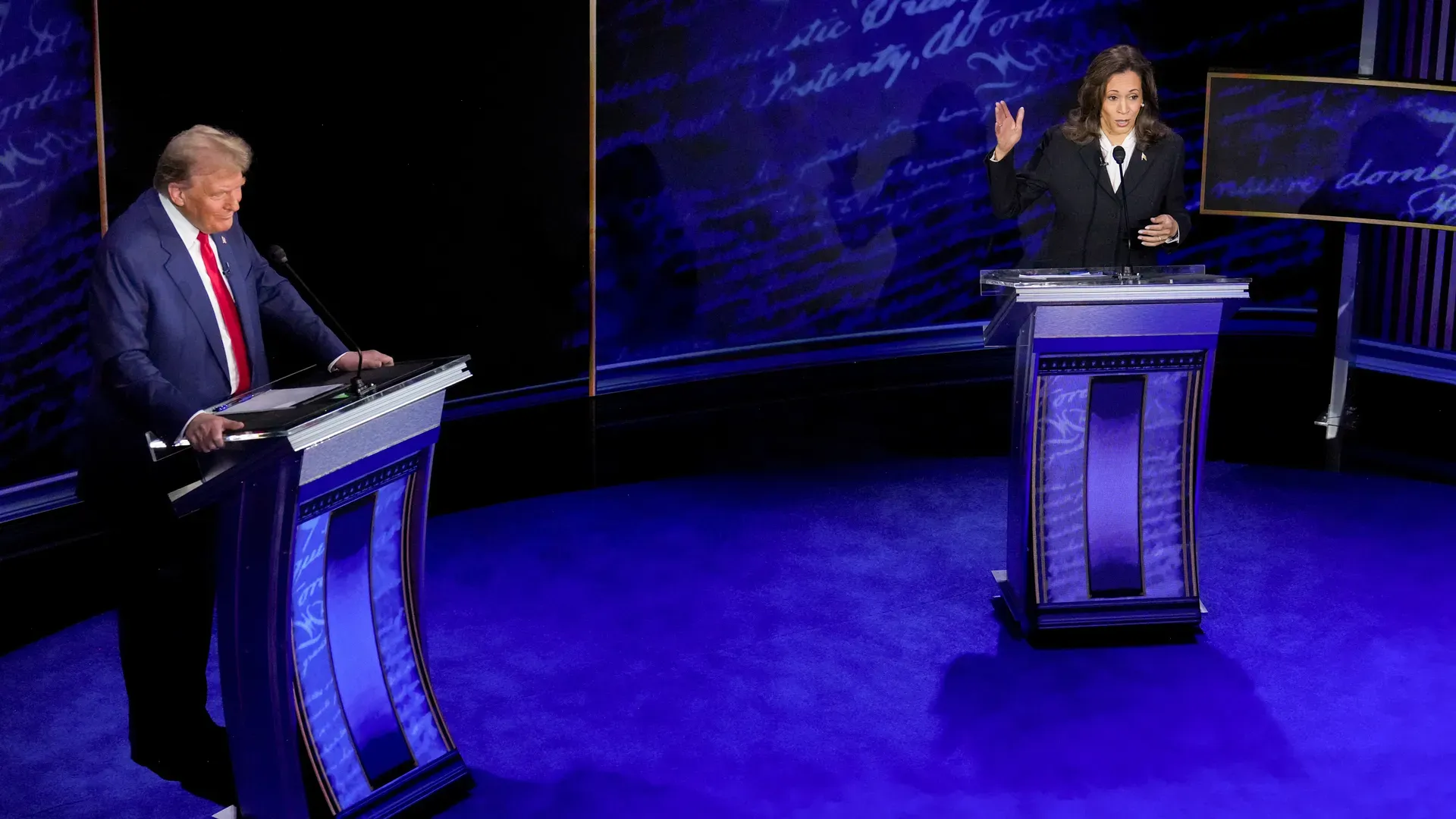
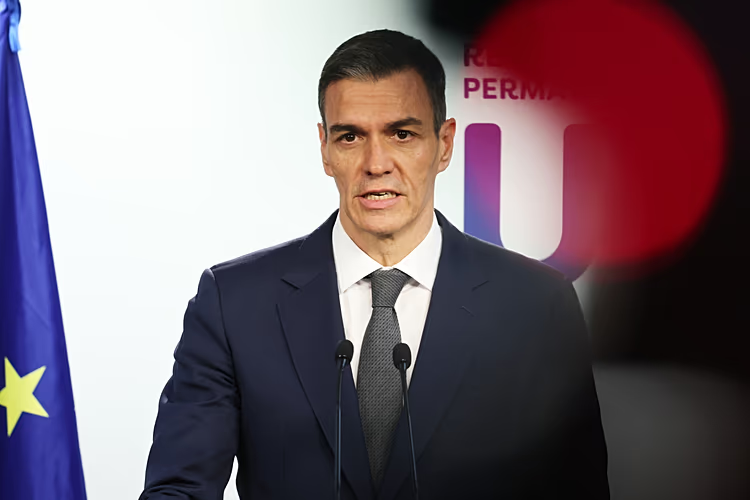

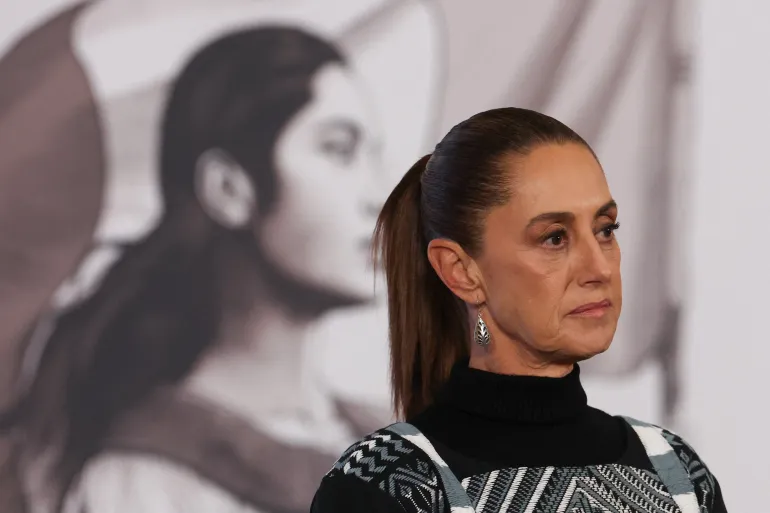
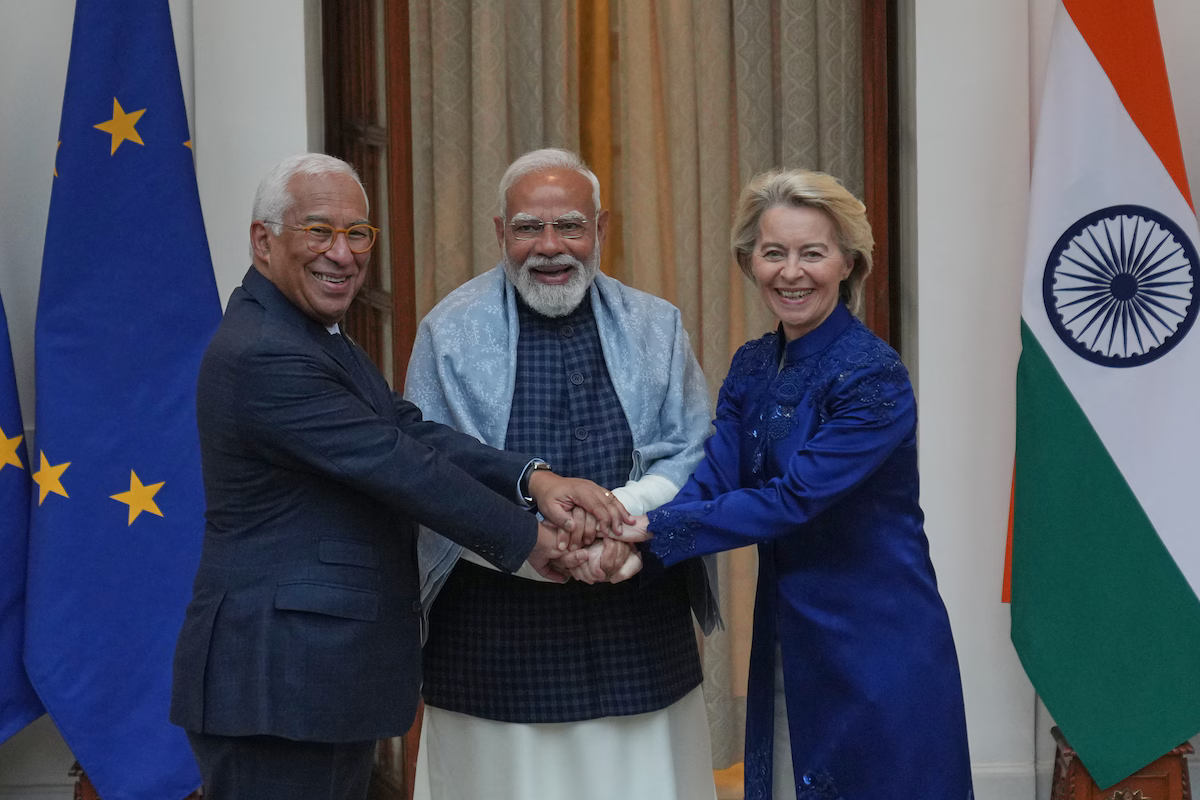
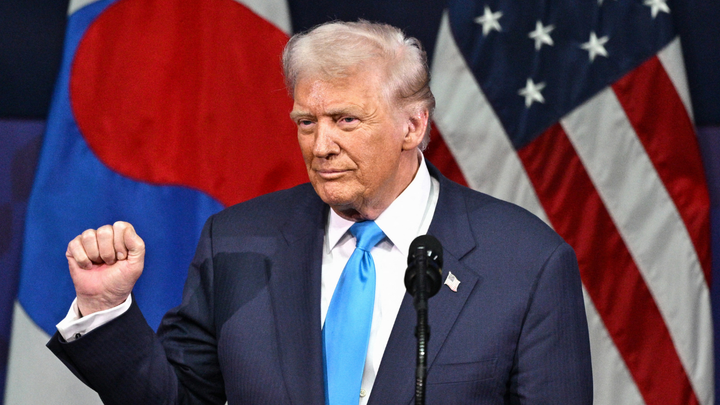


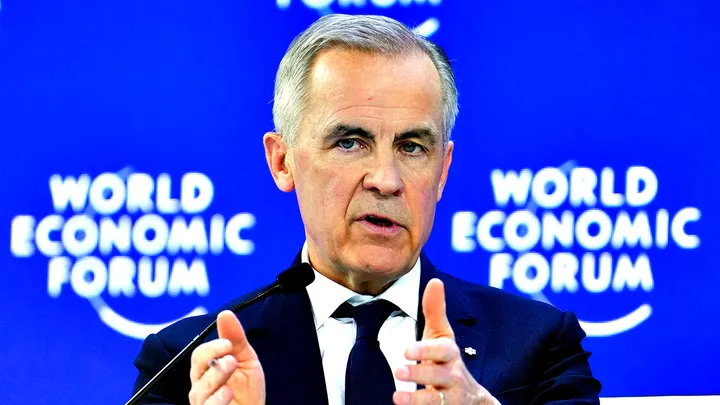
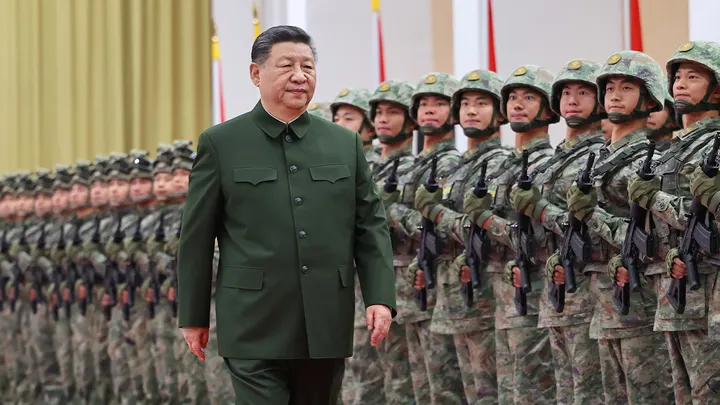
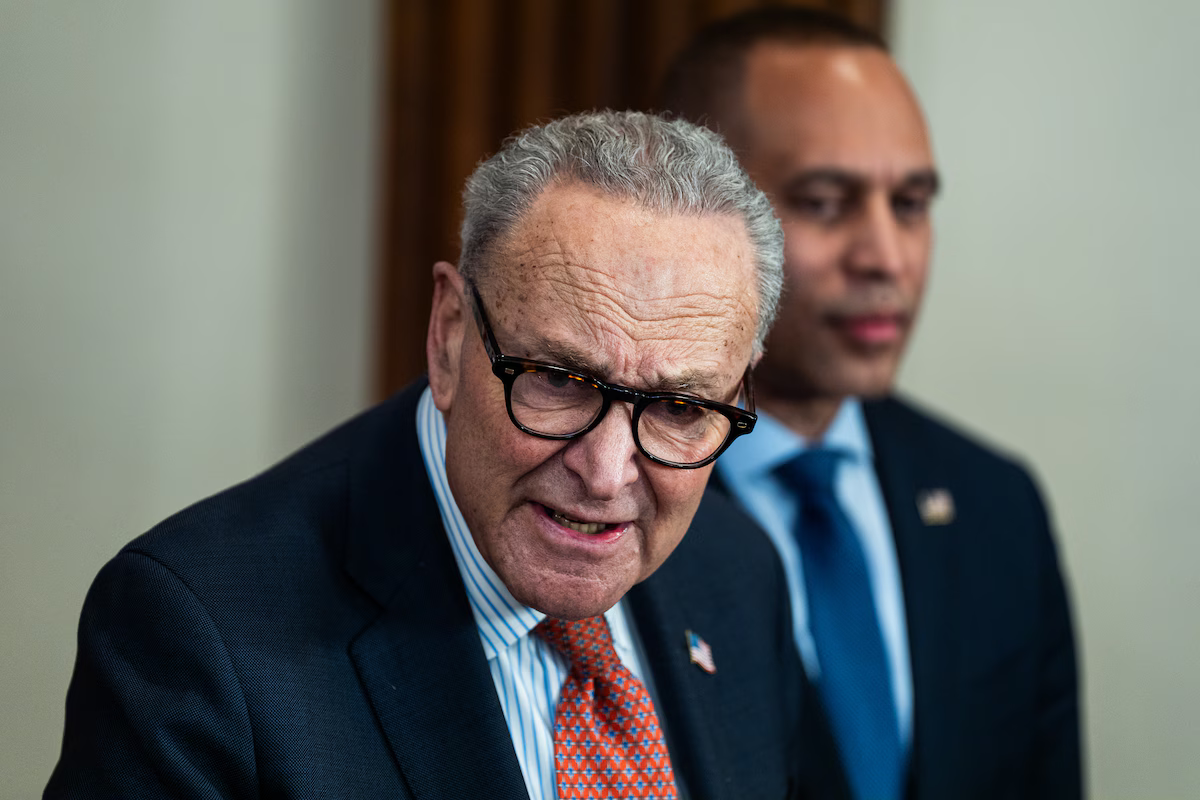
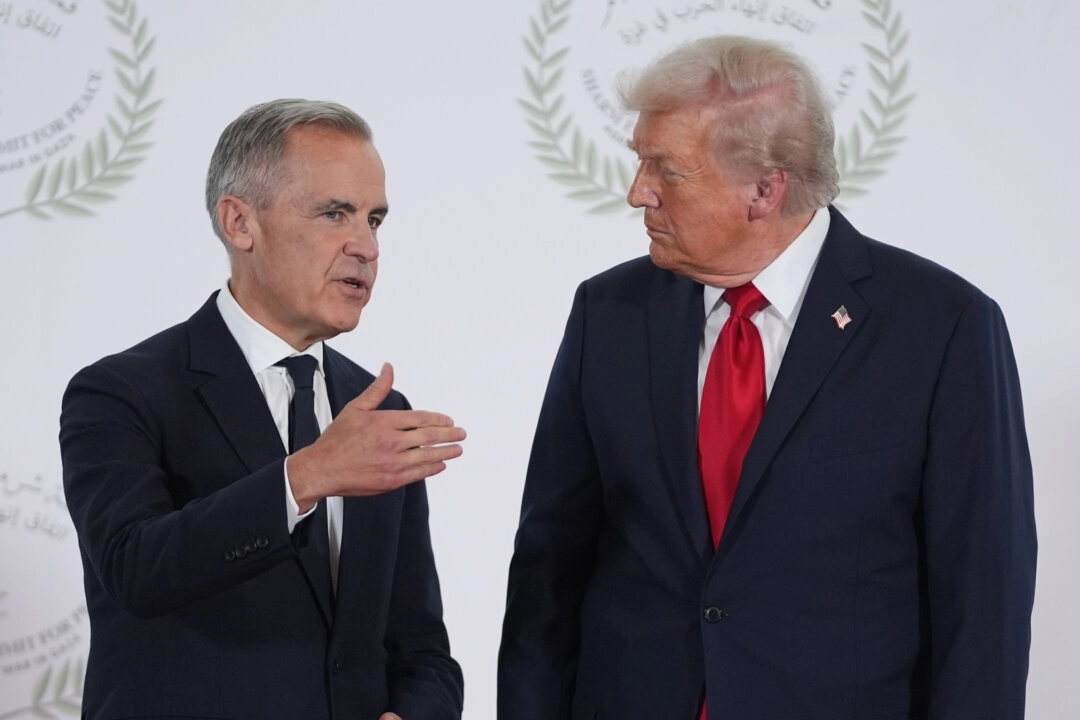
Discussion